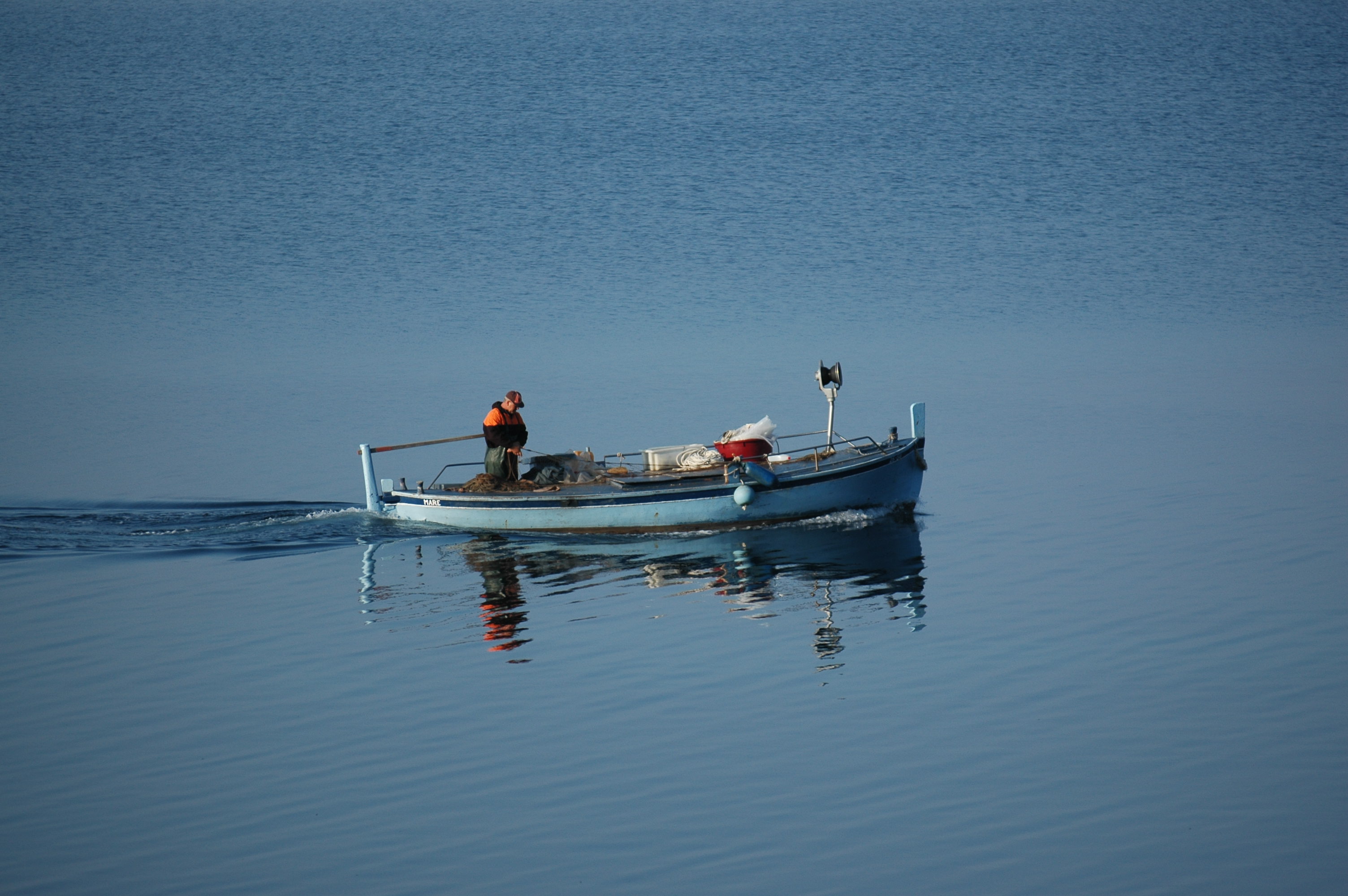World Fisheries Day in the light of social protection of fishermen and fish farmers
Fish and fish products are an important source of nutrition for many people around the world, especially those living near rivers, lakes and seas. For many traditional societies, this activity is a source of livelihood. In Slovenia, the preservation of traditional fishing is extremely important. As much as 90% of the vessels in the Slovenian fishing fleet are shorter than 12 meters and their fishing usually lasts only a few hours. Slovenia remains strongly committed to the implementation of common fisheries policy measures, which contribute to the sustainable management of stocks in the northern Adriatic.
On World Fisheries Day, Minister Irena Šinko emphasizes: “Slovenia is a fishing and maritime country and as such is traditionally oriented towards the sea. For some, fishing is a source of livelihood, but on the other hand, it is also important to preserve the tradition and cultural heritage of Slovenian fishing, but we are all faced with the fact that the state of the fish stock in the Adriatic is not optimal and that the conditions for the work of fishermen are increasingly difficult. , The Fisheries and Aquaculture Fund (EMFAF) offers some solutions for fishermen and aquaculture producers to help them overcome the situation and gives the fisheries sector a good foundation to strengthen its activities. the next program period 2021–2027 Our main goal is to preserve Slovenian fishing as a tradition of sustainable production. getting food from the sea for future generations.”
In the EU, small-scale coastal fishing accounts for 80 percent of the fishing fleet. Small coastal fisheries are mostly small family businesses, where knowledge and skills about traditional fishing techniques, which are generally more environmentally friendly than newer ones, are passed down from generation to generation. These fishing methods are a source of livelihood for many families and are closely intertwined with the way of life of coastal communities. However, many of today’s stocks are overfished, posing a major problem for small coastal fishing communities. It is estimated that 78 percent of stocks in the Mediterranean are still threatened, despite the many preventive measures taken. If we add to this the increasing pollution of the sea and the global economic crisis, it is clear that the fishing sector and with it the people who support themselves and their families by fishing are facing considerable global challenges.
In 2014, the Food and Agriculture Organization of the United Nations (FAO) approved the Voluntary Guidelines for Sustainable Small-Scale Fisheries in the Context of Food Security and Poverty Eradication (SSF Guidelines), which outline a number of key objectives to protect and enhance the impact of small-scale fisheries around the world. The SSF Guidelines promote social development, employment and decent work for people involved in small-scale fishing and ensure respect for the human rights of all individuals. The protection of human rights is a topic that requires a high level of cooperation between all stakeholders concerned with their protection. Social protection is a particularly important aspect here, as it generally concerns the most vulnerable groups and individuals. The International Development Agenda recognizes the important contribution of social protection to increasing the resilience, productivity, food security and economic development of the fisheries sector. The Committee on Fisheries’ (COFI) Declaration on Sustainable Fisheries and Aquaculture 2021 calls on countries to “facilitate access to social protection programs for fishers and aquaculture producers and their communities”.
Meaningful transformation is also a focus area of the new FAO Strategic Framework 2022-2031, aimed at promoting the implementation of the 2030 Agenda for Sustainable Development in the areas of food and agriculture. Sensible transformation emphasizes the need for bold, forward-looking actions to strengthen and expand aquaculture, improve fisheries management and innovative fisheries and aquaculture value chains.
On this year’s World Fisheries Day, an event sponsored by the FAO will take place in Rome. Its main themes will be investment in social protection and the collection of recommendations for a more social welfare approach with the aim of contributing to sustainable development and equitable transformation to promote social and economic sustainability and the sustainability of fisheries as an activity.
In 2016, the FAO Committee on Fisheries supported a proposal to declare the International Year of Artisanal Fisheries and Aquaculture to raise awareness of the industry. In 2017, the United Nations, at the 72nd session of the General Assembly, declared 2022 the International Year of Artisanal Fisheries and Aquaculture to encourage the transition to a more efficient, inclusive, resilient and sustainable society. Special attention is paid to the expansion and strengthening of social protection in fisheries and aquaculture. In this context, we celebrate World Fisheries Day on November 21.



